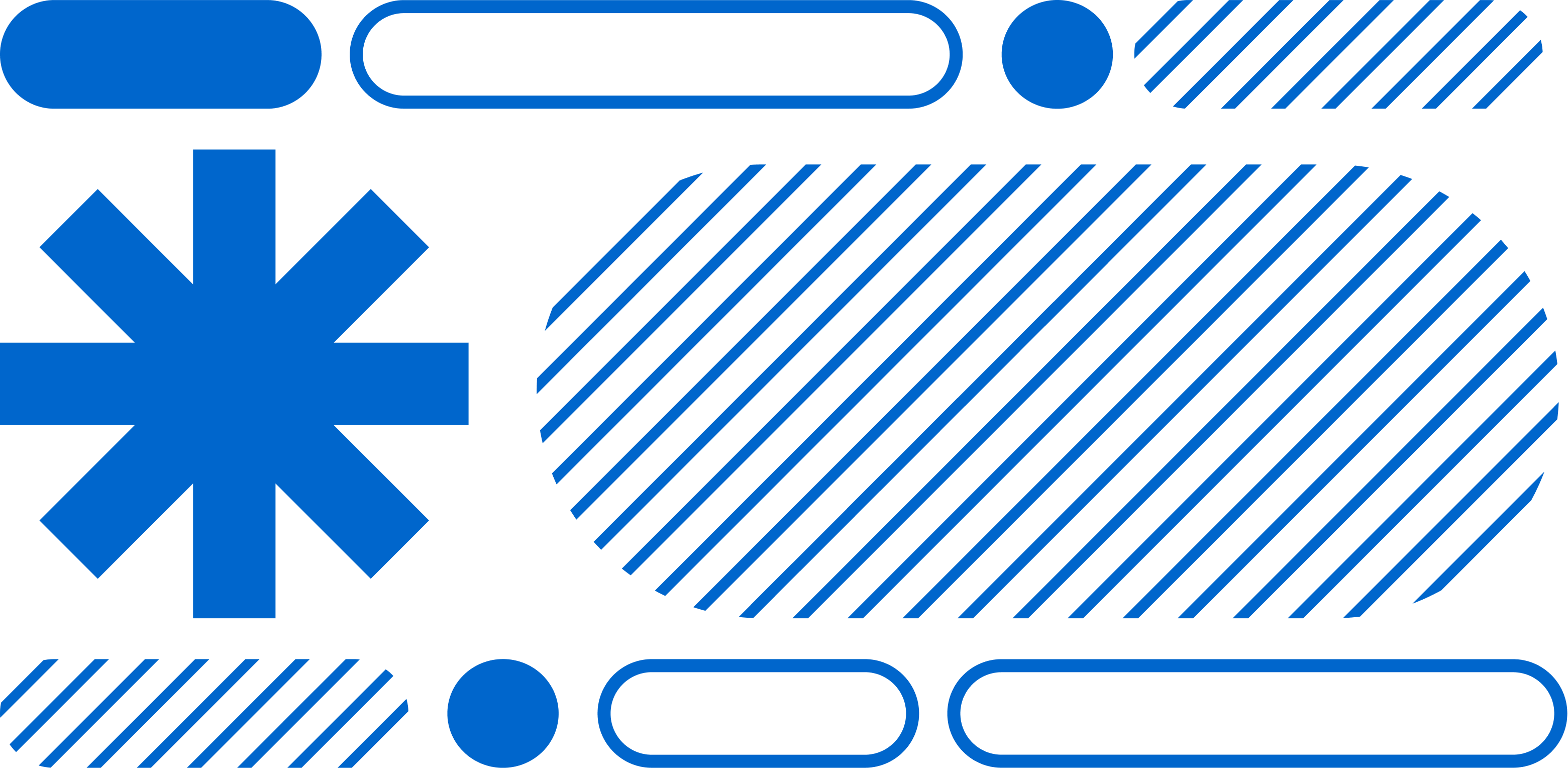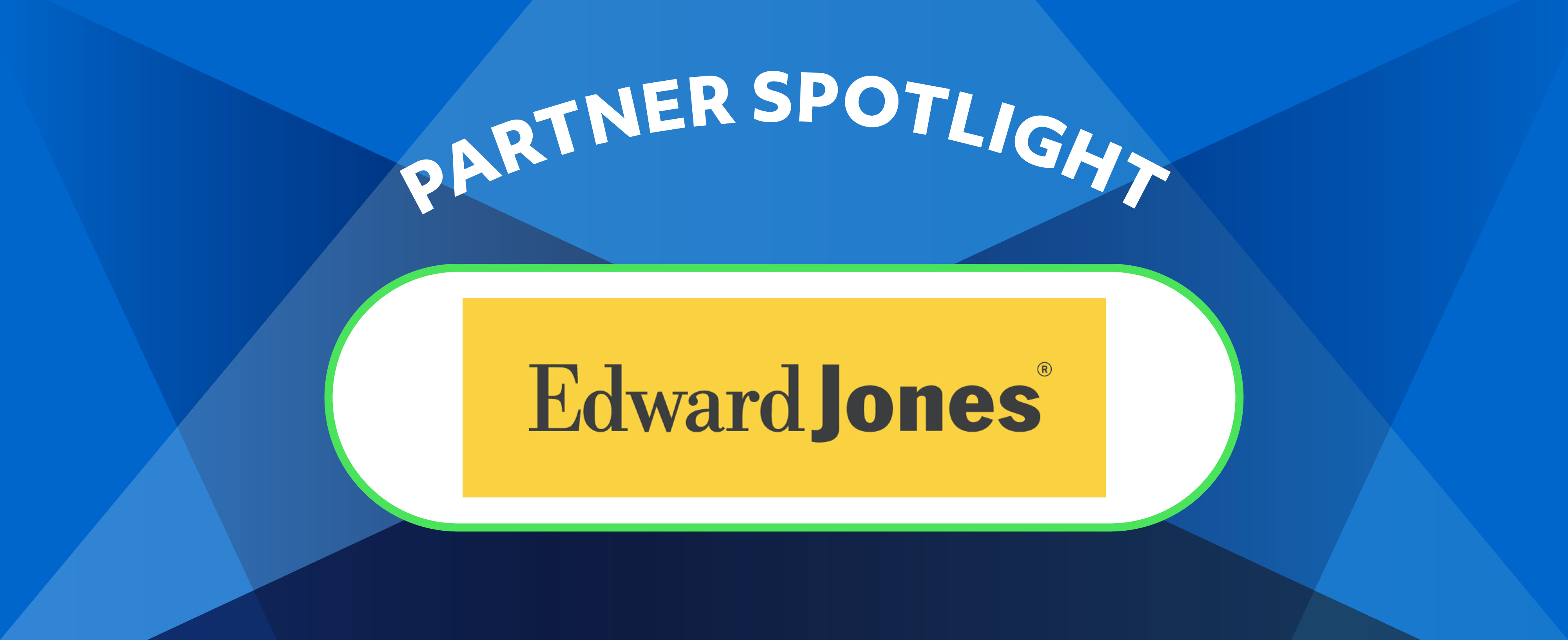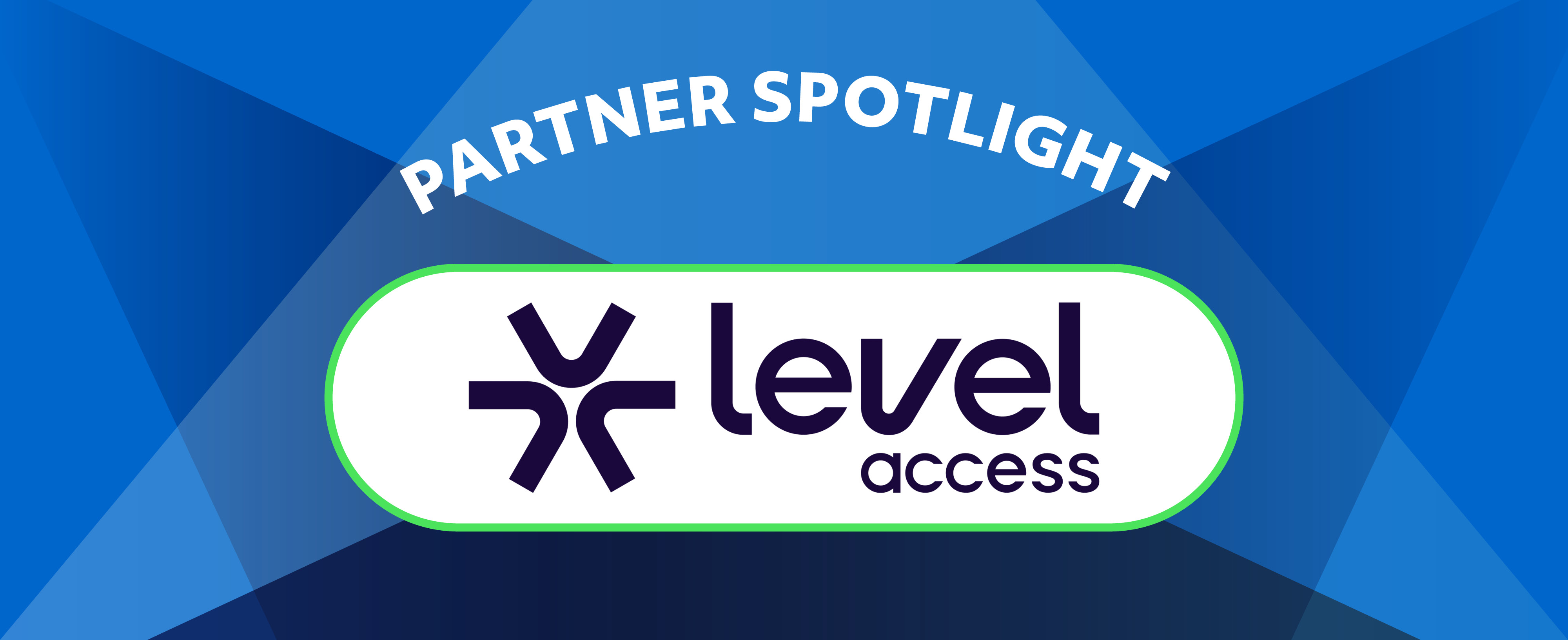Skip to Main Content
Vogue Business: Gucci Disrupts Disability Inclusion



Capsule collections have helped make adaptive fashion more mainstream, and a handful of brands are adding more inclusive HR policies, but Gucci is thinking far more broadly. The luxury house hopes to create systems change, a disruptive approach to disability inclusion that could benefit all customers.The luxury industry has often excluded disabled people both as consumers and employees but Gucci’s Robert Triefus says the brand’s “mind has been opened” to disability inclusion, and it’s time for change.
“There is an expectation that big global brands are doing business in the right way,” Triefus, executive vice president for brand and customer engagement, tells Vogue Business in an interview. “Gucci has an ability to convene around important topics, and disability inclusion is an important topic for society at large.”
While a handful of brands have started with more visible approaches such as capsule collections and more inclusive HR policies, Gucci is building its disability inclusion strategy from the inside out, hoping to swap short-term tokenism for long-term improvements. It’s a notable shift for the megabrand sitting within a luxury industry still reckoning with diversity and inclusion missteps.
Already, Gucci has outlined a growing commitment to create greater opportunities for disabled people in its workplace and establish partnerships with organisations specialised in cultivating underrepresented talent, per its second annual Gucci Equilibrium impact report, published earlier this month. And today, the Kering-owned megabrand becomes the first and only high fashion retailer to be a certified participant in the annual Disability Index, a joint venture from leading disability rights organisation, the American Association of People with Disabilities (AAPD), and Disability:IN, a global business disability inclusion network supporting over 400 corporations. Gucci scored 80 out of a possible 100 points in the index, a benchmarking tool where those earning over 80 points are considered the “best places to work for disability inclusion”. Those with less than 70 points remain confidential and are not considered certified. The benchmark takes 30-40 hours to complete and has also been used by Abercrombie & Fitch Co., Estée Lauder Companies, H&M and Nike.
The Disability Index survey offers a glimpse of what best practice for disability inclusion might look like: do you have a company-wide written statement of commitment to diversity and inclusion? Does it specifically mention disability? Is there an executive sponsor and an officially recognised disability-focused Employee Resource Group? And does training for new hires include disability inclusion? The focus is on tangible and actionable changes like how accessible buildings, websites and events are, accommodations for disabled candidates in job interviews, paid caregiver leave and health insurance.



